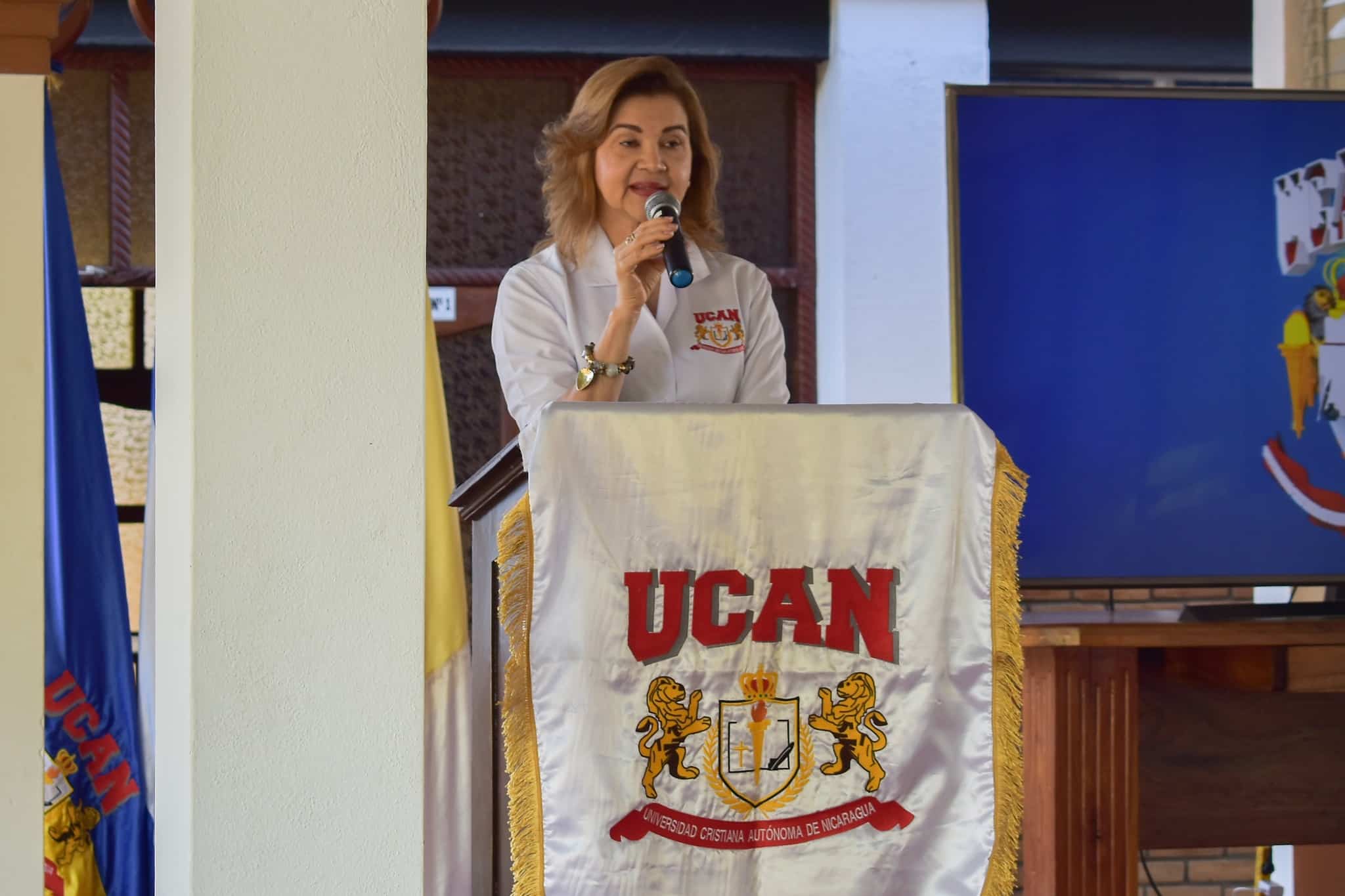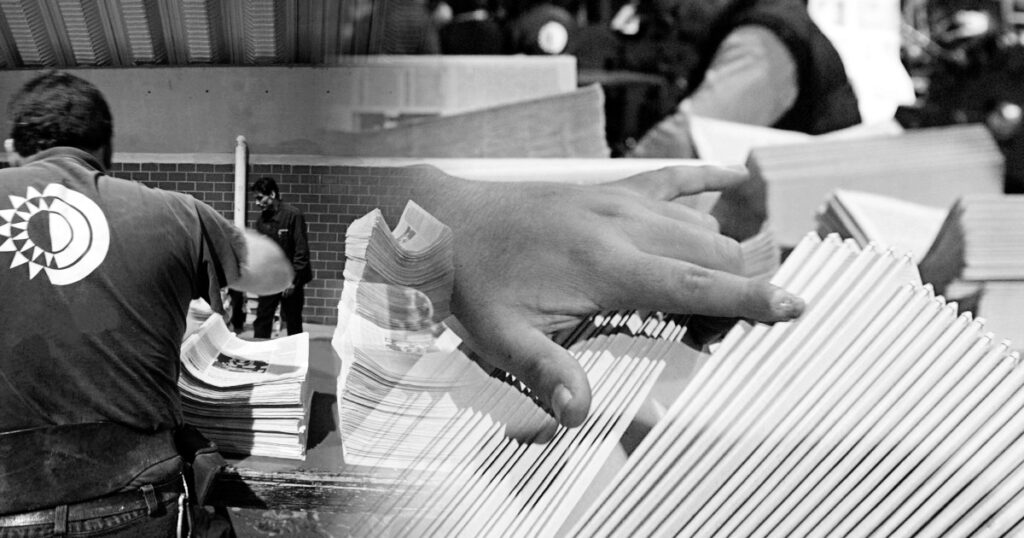The National Council of Universities (CNU) has threatened to denounce “before the corresponding national authorities” to the Autonomous Christian University of Nicaragua (UCAN), after the rector Jeannette Bonilla refused to deliver the academic record of the students and srequested more time to challenge a resolution of the Ministry of the Interior (Migob), through which they canceled the legal status of the university.
“Faced with opposition to the delivery of the academic information of the extinct UCAN, we closed the minutes and withdrew from the campus, in order to file a complaint with the corresponding national authorities for non-compliance with what was ordered in the ministerial agreement”indicated the CNU in a statement.
The legal status of UCAN was cancelled, this Tuesday, March 7, together with that of John Paul II University. Both universities, supposedly, were not accredited in the quality indicators and did not report “their financial statements, clarifications about their assets, execution of funds, increases and decreases in accounts without notice”.
UCAN has its headquarters in León and others in Chinandega, Estelí, Chontales, Masaya and Matagalpa.
The ministerial agreement was published on Tuesday in La Gaceta Official Gazette. The CNU commission arrived on Wednesday at noon at the UCAN headquarters in León, to demand the delivery of academic information to relocate the students.
The CNU statement details that, despite the fact that Bonilla requested more time to file the challenge, the coordinator of the Commission, Linda Ramírez, demanded that the delivery of academic records begin, for which the rector again stated that “he will make use of his legal right”.
“At the moment they will not deliver the required information, since it is the soul of the institution and while the resolution by Migob is not final, we cannot deliver the information. Subsequently, once the administrative channels have been exhausted, we will proceed to the formal delivery of the established information,” the rector told the CNU commission, according to the statement.
They prohibit delivery of academic files to students
The CNU also published another communiqué in which it prohibited UCAN from giving students their academic information, since according to them, after the cancellation of legal status, university officials “they no longer had authority in it”.
UCAN was founded 25 years ago and is one of the largest and most popular universities in Western Nicaragua. As described on its website, it has a total enrollment of 6,375 students across its six campuses. Its academic offer includes 25 majors, and each year it awards scholarships valued at about $27,000 so that high school graduates can study medicine at its central campus.
The Migob resolution established that the UCAN and the John Paul II —based in Managua, Granada, Matagalpa, Juigalpa and Chontales— must deliver the academic record to the CNU in an “expedited and orderly” manner, which will relocate the students enrolled in other member universities and the movable and immovable property will be transferred to the State.
The Juan Pablo II University, Managua headquarters, regretted the abrupt cancellation of its legal status and assured that they will proceed with the delivery of the documentation. “Let us not forget that the Lord is the owner of our history and that in the most adverse moments He has sustained us and will continue to do so.”
This university was founded as part of an initiative by Monsignor Bernardo Hombach, director of Cáritas de Nicaragua; Monsignor Pablo Schmit; and two German aid workers: Huldegard Peters and Heiner Flototto. The Matagalpa headquarters was administered by the diocese of that department.
The director was Father Ramiro Tijerino, who was detained together with Monsignor Rolando Álvarez and was expelled from Nicaragua and declared stateless on February 9.
UNIVAL filed appeals
The Migob has canceled the legal status from at least 19 private universities, including 13 national and six foreign. Among these, the Hispano-American University (Uhispam), the Polytechnic University of Nicaragua (Upoli), the Paulo Freire University, and the Catholic University of the Dry Tropics (Ucatse) stand out. After the closure of these, the regime created three new state universities that in practice operate as private ones.
The University for the Integration of Latin America (Unival), which lost its legal status on December 14, 2022 by order of the CNU, was the only one that filed a challenge before the Supreme Court of Justice (CSJ) against Migob , the CNU and the National Council for Evaluation and Accreditation (CNEA). However, this was declared inadmissible for “lack of procedural standing.”
Therefore, they ordered Unival to expeditiously deliver information on students, teachers, careers, study plans, enrollment databases, and grades.
On March 2, the CNU accused staff of this university of selling students their academic records, they are quoted at gas stationslibraries and public places in León, Matagalpa, Estelí and Ocotal, where they had offices.
Unlike the other canceled universities, Unival was accused of not meeting the minimum standards in its study plans, not having authorization from the CNU to teach international careers, specialties and master’s degrees in virtual modality, of lacking a system that manages and manage academic information, refuse to disclose statistics. He also accuses her of charging up to $505 for the titling process, which is 1,500 córdobas.

















